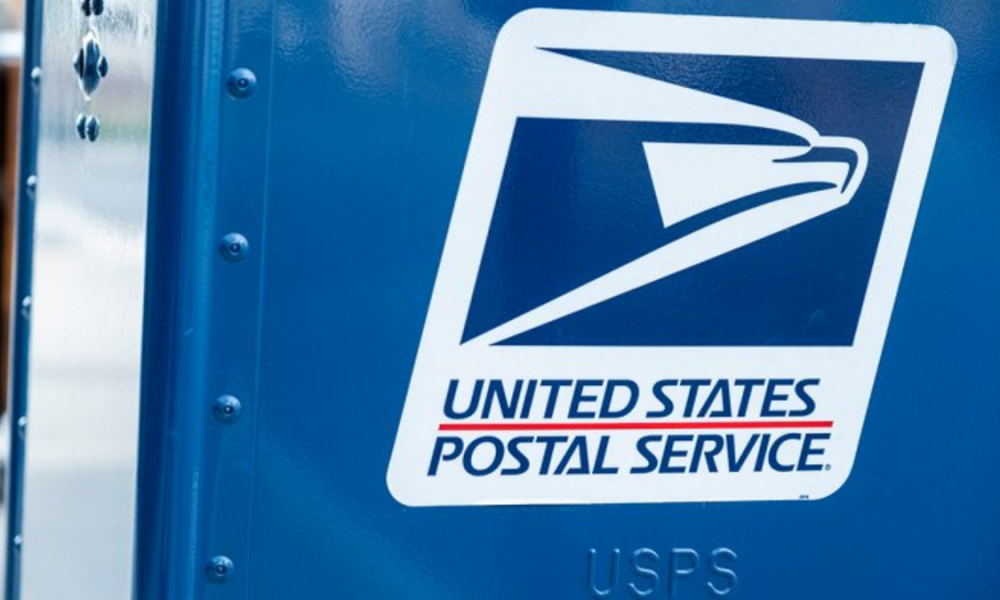The attorney generals of 20 states want the U.S. Postal Regulatory Commission to reject plans to slow down some first-class deliveries. They believe that the plan could harm local governments’ ability to carry out essential functions.
What We Know:
- In March, Postmaster General Louis DeJoy suggested the United States Postal Services (USPS) slow down first-class delivery. Instead of people receiving their mail between one to three days, they would get it between one to five; he introduced this as part of his plan to cut $160 billion over the next decade.
- The state prosecutors believe the new proposal sacrifices speed for reliability, which would slow down a significant portion of mail. As a result, city and state governments would take longer to complete their duties.
- Led by New York’s AG, the lawyers asked the commission to urge the USPS to “abandon this misguided effort and instead focus its attention on improving its performance in delivering First-Class Mail and other market-dominant products.”
- Alongside this unpopular proposition, the USPS also wanted to elevate most mail postage prices by 7%, making the cost go from 3 cents to 58 cents. However, a coalition of retailers, newspapers, printers, greeting card companies, and others rejected the motion. Furthermore, DeJoy wanted to cut retail hours and close locations to save money.
- DeJoy’s ideas stem from the fact that the USPS has suffered significantly over the past few years. Throughout the last decade, mail volume declined by 28%. In addition, single-piece first-class mail volume went down 47%. The post office also dealt with poor delivery performance throughout the pandemic because of an influx of packages and fewer workers.
- Because of the USPS’ monetary issues, a bipartisan group of 20 Senators introduced legislation that would provide the company with $46 billion in financial relief over the next decade.
The directive would remove a requirement that the USPS pre-fund retiree health benefits for 75 years. It would also make post office workers enroll in the Medicare government-retiree health plan.



